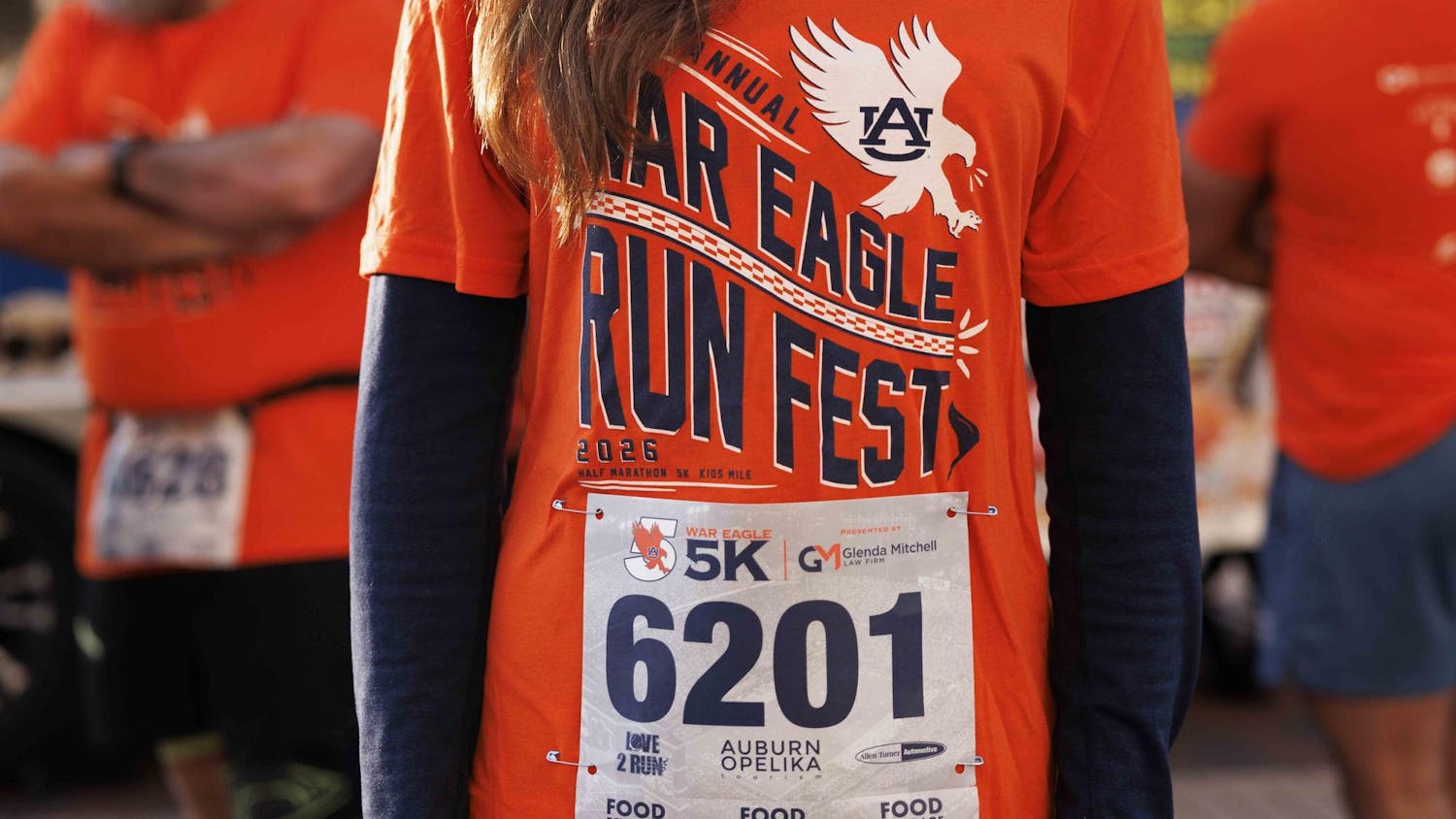The fifth annual Boshell Diabetes Research Day was held Friday at The Hotel at Auburn University and Dixon Conference Center.
It brought together experts from across the country to discuss current topics related to diabetes and obesity.
"One of the purposes of the night is to let everyone know about all the exciting things that are being conducted as far as diabetes and obesity research here at Auburn University," said Dr. Robert Judd, program director for the event.
The event featured presentations throughout the day and concluded with nutrition expert and author Gary Taubes speaking about his books "Why We Get Fat" and "Good Calories, Bad Calories."
Taubes said eating too much and exercising too little does not cause obesity, but the effect of carbohydrates we eat on hormones and enzymes that regulate our fat tissue is the culprit.
Currently, experts believe obesity occurs when a person consumes more calories than they can burn through exercise. Taubes, however, argues the whole idea is backward.
"We have it in our head that fat people eat too much and don't want to exercise," Taubes said. "But we don't get fat because we overeat; we overeat because out fat tissue is accumulating excess fat."
Taubes said everyone has a fixed biological mandate, like a growing child. "Those who get fat do so because of the way their fat happens to be regulated," Taubes said. "The actual cases are the array of regulatory enzymes and hormones that move fuel, in the form of fat and sugar molecules, in and out of storage deposits around the body."
Taubes uses the analogy of cigarette smoking to parallel his research.
"Not every long-term smoker gets cancer," Taubes said. "Actually, only a minority do, but among the people with lung cancer, smoking is by far the most common cause. In a world without cigarettes, lung cancer would be a rare disease. And in a world without carb-rich diets, obesity would be a rare condition, too."
Lizzie Briasco, sophomore in nutrition and dietetics, attended the event because she practiced a no-carbohydrate diet in high school to improve her running times on the track team.
"I cut all refined carbohydrates," Briasco said. "What made up my diet were mainly lean meats, vegetables, fruits, nuts and seeds. No bread, no pasta, no rice. Not even whole grain bread."
Briasco said although her running times did improve, she gave up the diet after a month because she began to crave carbohydrates.
"I think what Mr. Taubes had to say was very interesting," Briasco said. "His ideas would definitely bring about radical change to the nutrition world. It would be a food revolution."
Taubes said he wrote his first book, "Good Caloires, Bad Calories," to appeal to the scientific world. The 500-page book is heavily annotated and technical.
The second book, "Why We Get Fat," is what he classifies as airplane reading for the common audience.
"We have an obesity epidemic in this country," Taubes said. "It is pretty frightening, and if we don't do something about it, it's going to overwhelm the health care system in part because of the diabetes epidemic."
Do you like this story? The Plainsman doesn't accept money from tuition or student fees, and we don't charge a subscription fee. But you can donate to support The Plainsman.




